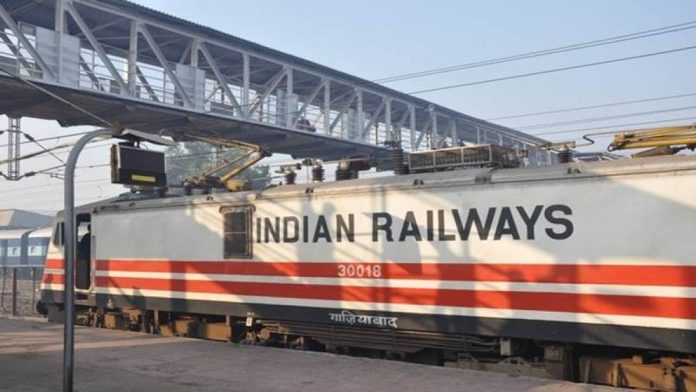In view of the less number of trains in operation, Indian Railways has decided to utilise the situation to complete the ambitious project of raising train speed to 160 kilometre per hour between the busy Delhi-Mumbai and Delhi-Kolkata routes by March 2022, much ahead of its scheduled target of September 2023.
In a letter to all departments concerned, Northern Railway has asked to start planning out the details for upgrading the infrastructure to operate trains at a speed of 160 kmph so that work starts from the next month in right earnest to meet the latest target.
In order to ensure the speedy implementation, the status of the 160 kmph project would be discussed in the railways weekly coordination meeting.
Railway Minister Piyush Goyal had recently reviewed the project after which all the zones concerned followed it up with necessary steps.
“It was desired that the work should be completed latest by September 2023 and preferably in the next 18 months,” the letter dated 3 August stated.
Similar instructions from other zones involved in the two major routes like North Central Railway are believed to have been issued to departments concerned including electrical, mechanical, civil engineering, signal and telecom to speed up the implementation of the over Rs 1,600 crore project approved by the Cabinet last year.
In view of the fact that a large number of passenger carrying trains are not running, the opportunity of availing longer blocks presently available should be utilised for doing the work, the letter said.
The 160 kmph project is crucial for running private trains as it would fulfill one of the key requirements of all bidders to join the race.
The work involves track and signalling upgrades, elimination of unmanned level-crossings and fencing along the two major trunk routes of 1,384 km Delhi-Mumbai corridor and 1,450 km Delhi-Kolkata route.
Departments should plan out the blocks to be taken so as to complete the work in next 18 months and start lining up the necessary resources including contractual agencies to start to block working from September 2020, the letter instructed.
Fencing is a must for semi-high speed corridors as it prevents human or cattle crossings on the tracks and ensures higher speed and safety.
According to sources, the arduous task of fencing alone will cost about Rs 2,200 crore on the major trunk routes.
While the engineering department would strengthen the track, the mechanical wing would set up coach depot at Howrah, Delhi and Mumbai for the 160 kmph project. Besides it would install the fault detection system along the track required for high speed trains.
When the train service was fully operational, the Delhi-Howrah route was used by about 120 passenger trains and around 100 goods trains every day while some 90 passenger services and an equal number of freight trains were running on Delhi-Mumbai corridor daily.
However, though freight service is fully functional now, there are only 230 passenger trains operating due to coronavirus pandemic situations.
According to the feasibility study, it is a remunerative project with both routes having high rates of return.
The 160 kmph project is considered as a paradigm shift for rail network development as it would reduce the travelling time between the destinations considerably.
After Delhi-Mumbai and Delhi-Howrah routes, other busy routes of Howrah-Chennai, Delhi-Chennai and Chennai-Mumbai are likely to be taken up.
According to a feasibility study, while the rate of return for Delhi-Howrah route is 18 per cent, it is 14.7 per cent for Delhi-Mumbai.


